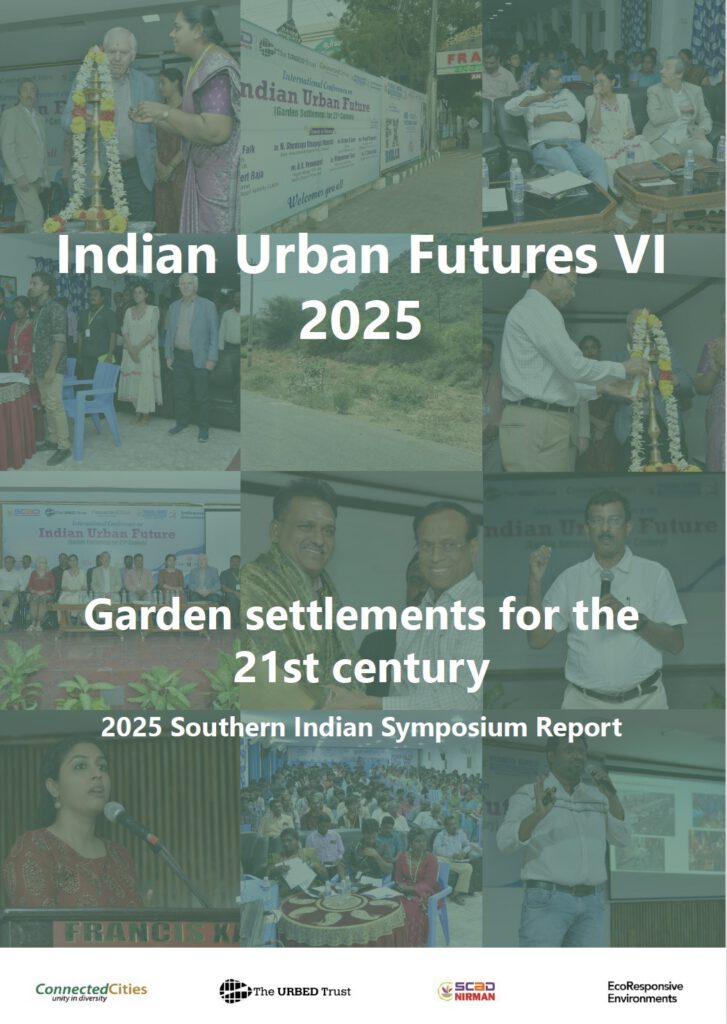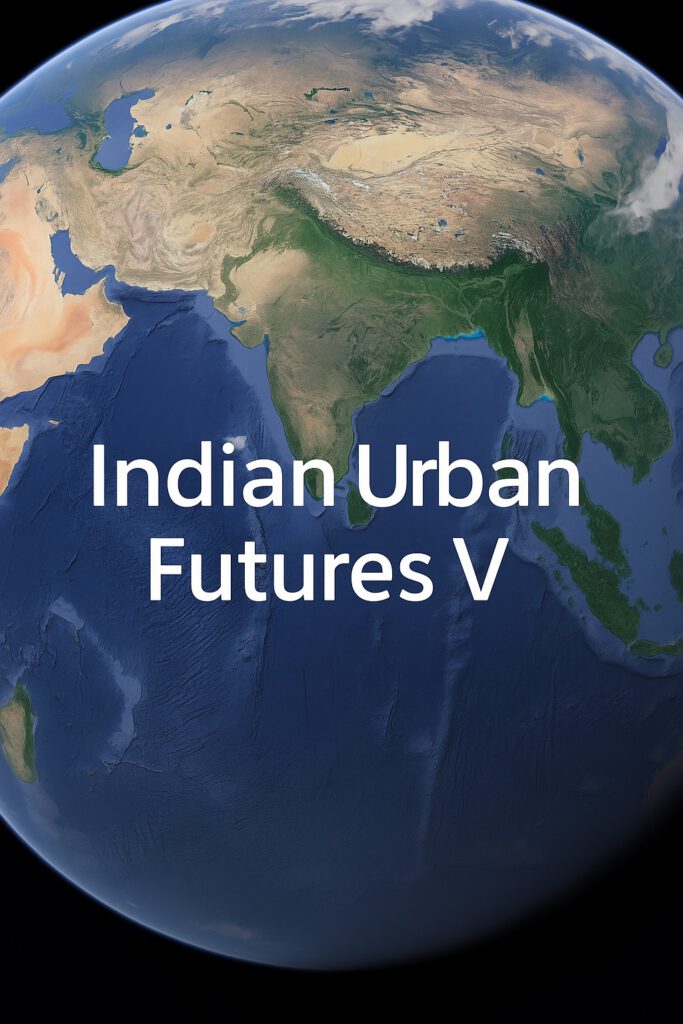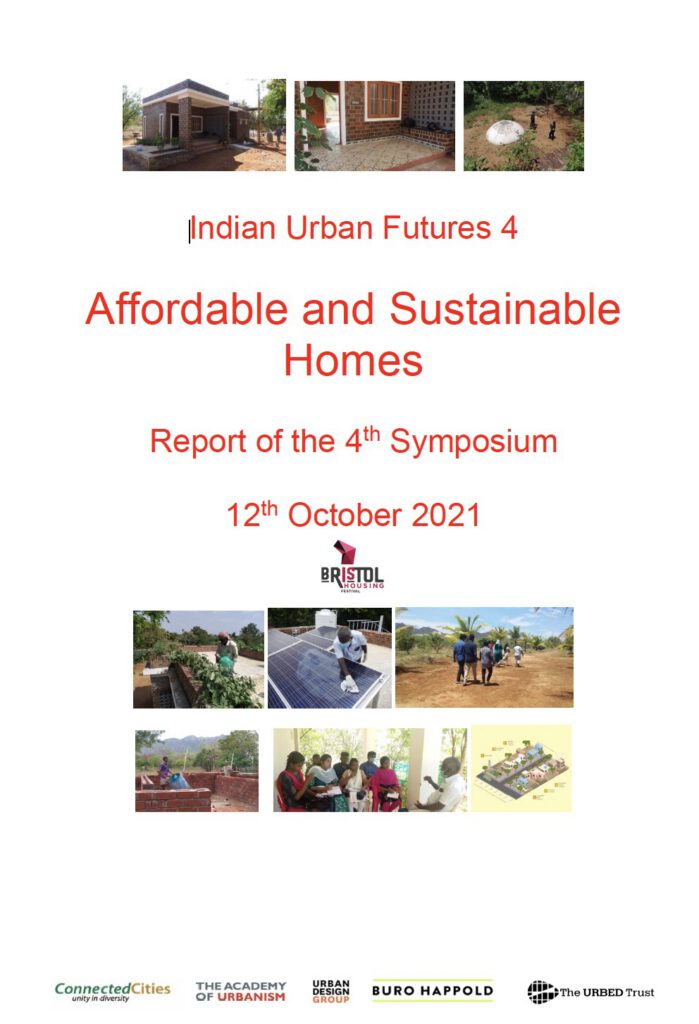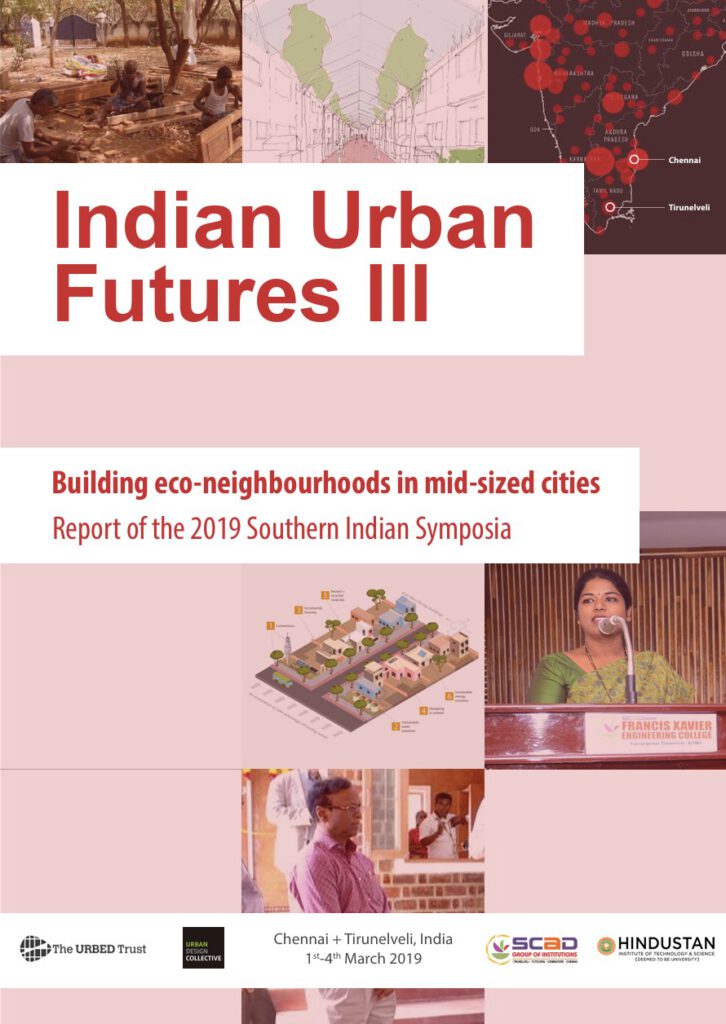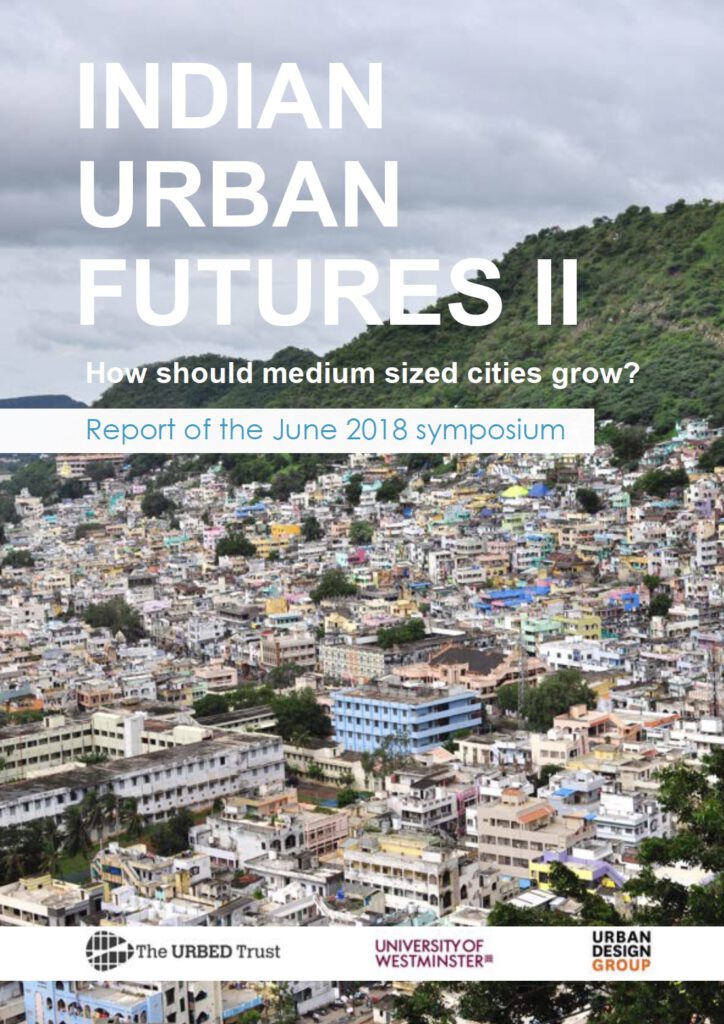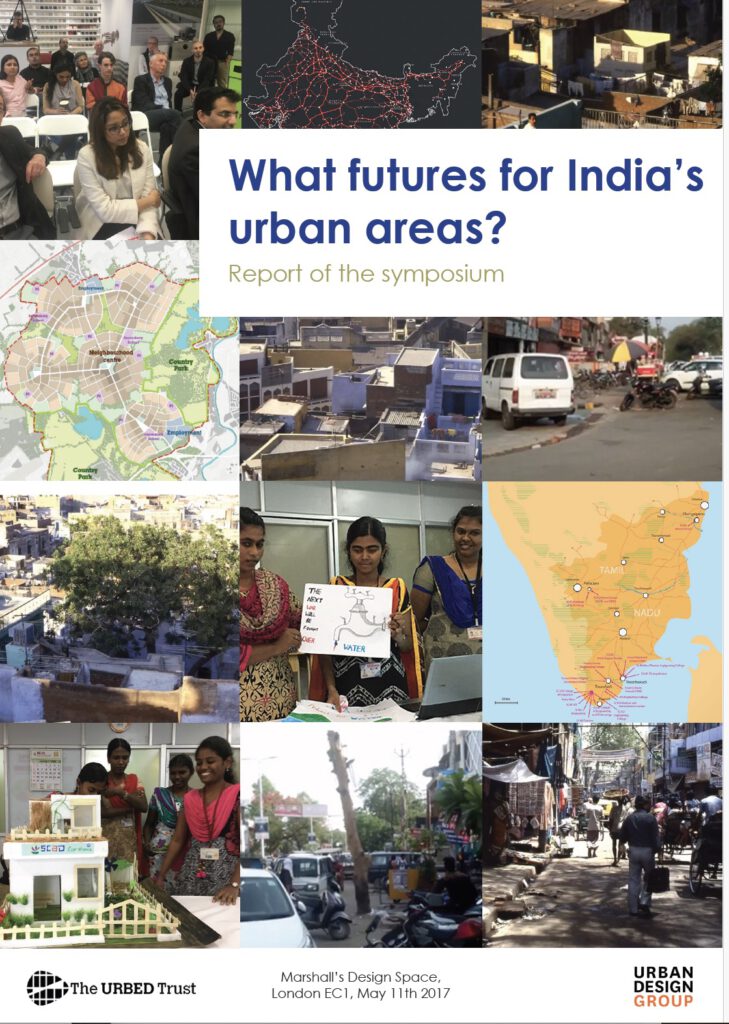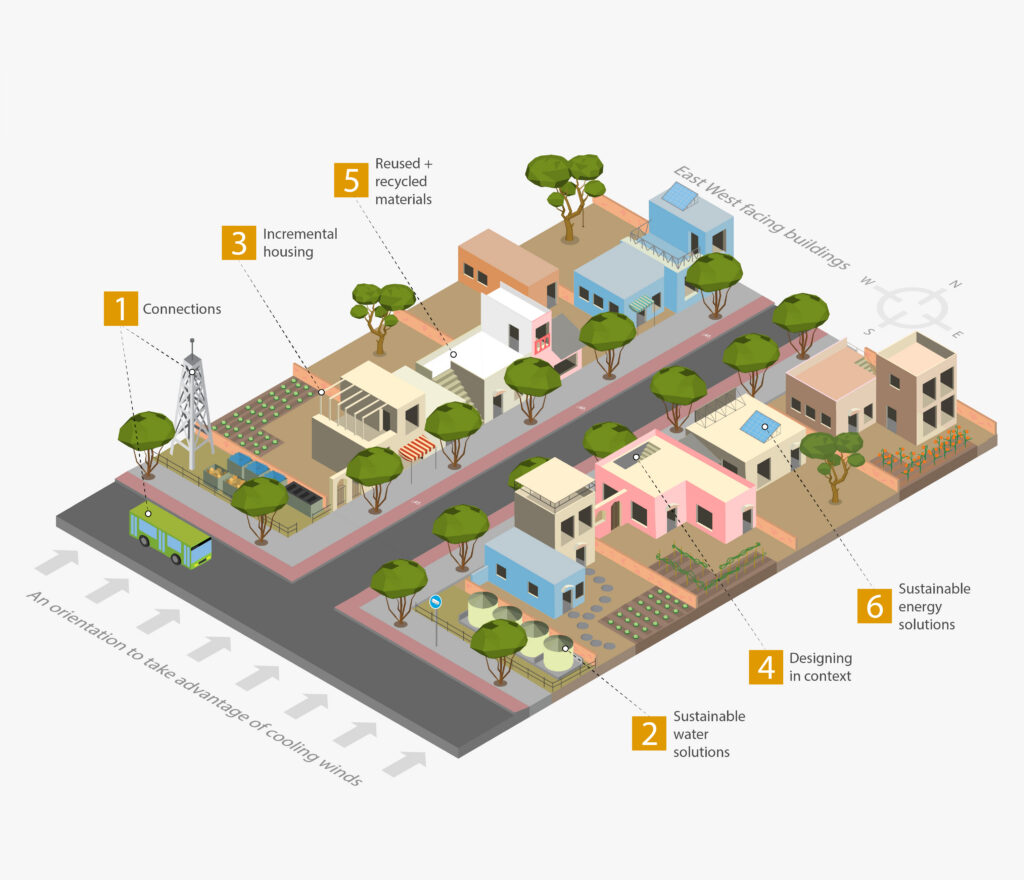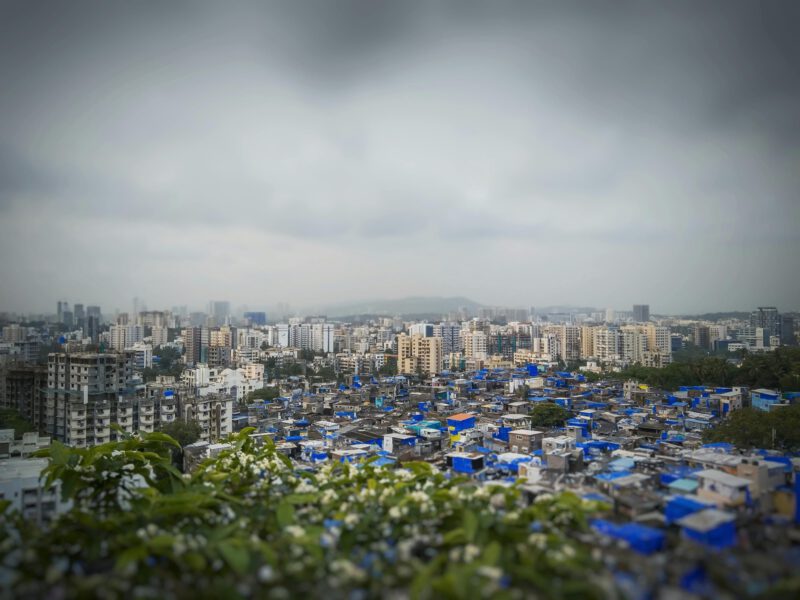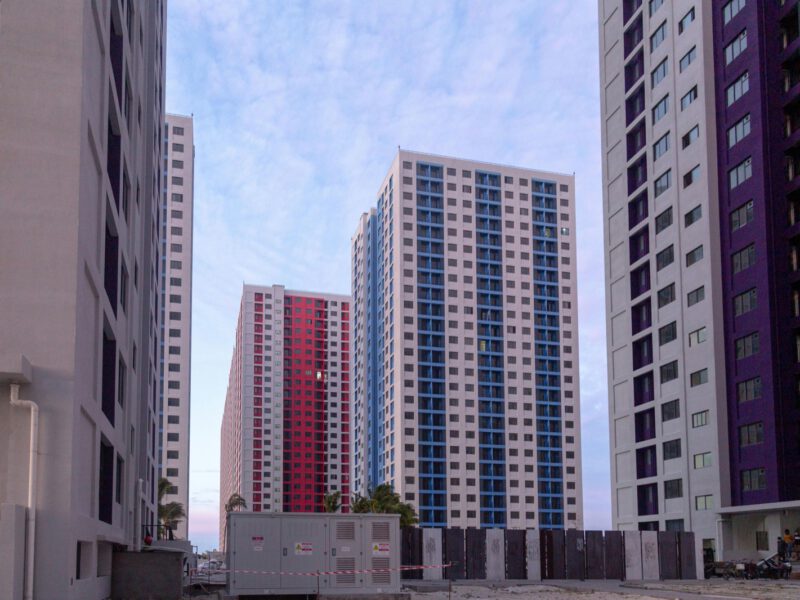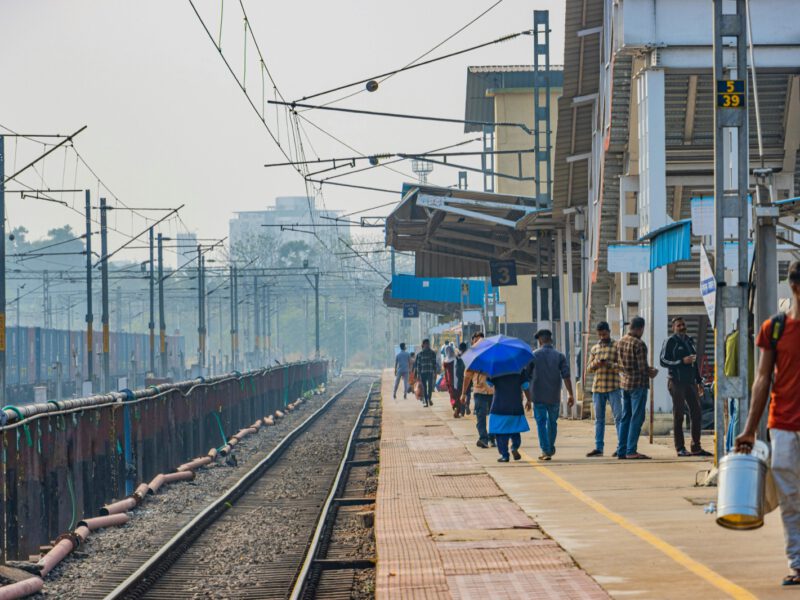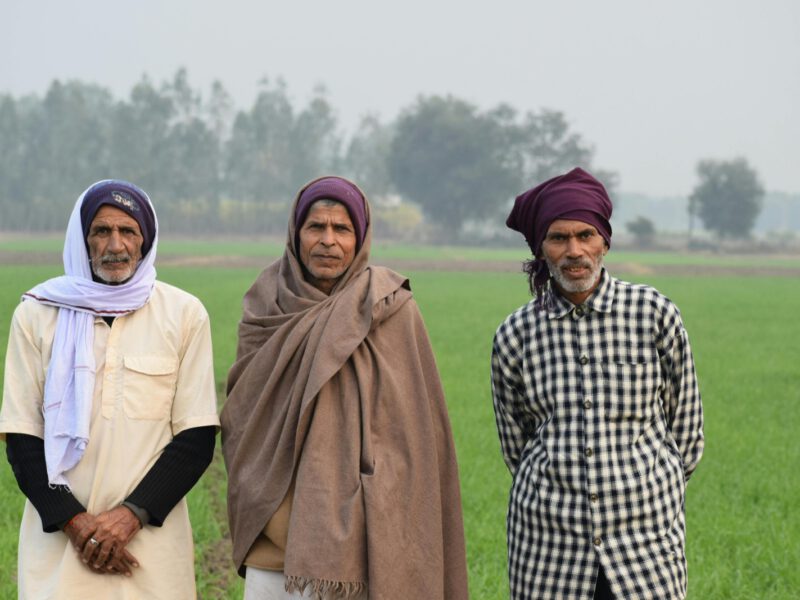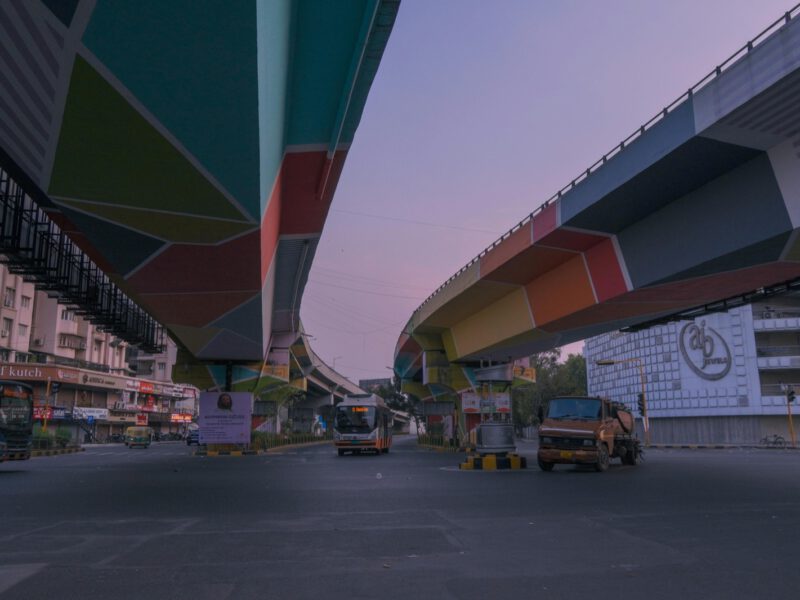The Indian Urban Futures symposiums have focused on the challenges and opportunities of urbanisation in India. Events have attracted diverse participants including urban planners, architects, academics, and community leaders from various sectors.
The symposiums aimed to foster collaboration and generate innovative solutions for sustainable urban development across Indian cities.
Locations for these events included major cities like Tirunelveli, where discussions centred on enhancing urban resilience, infrastructure, housing, and public health in rapidly growing urban areas.

